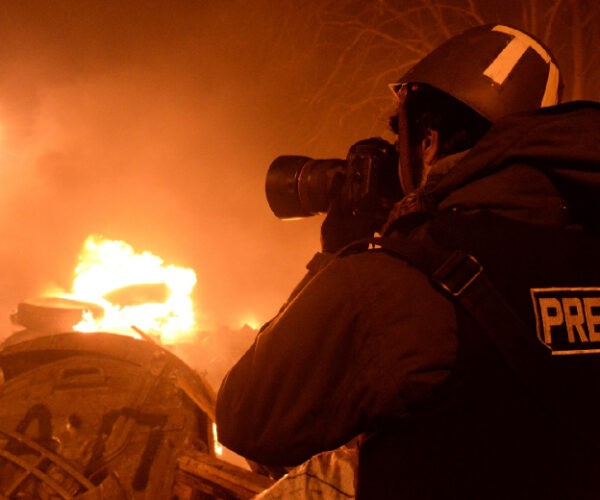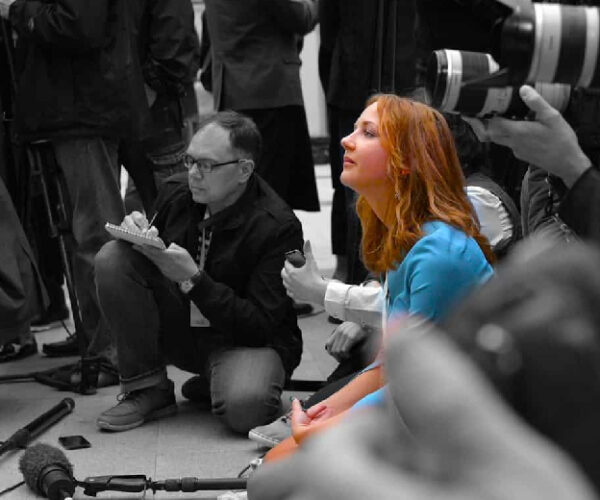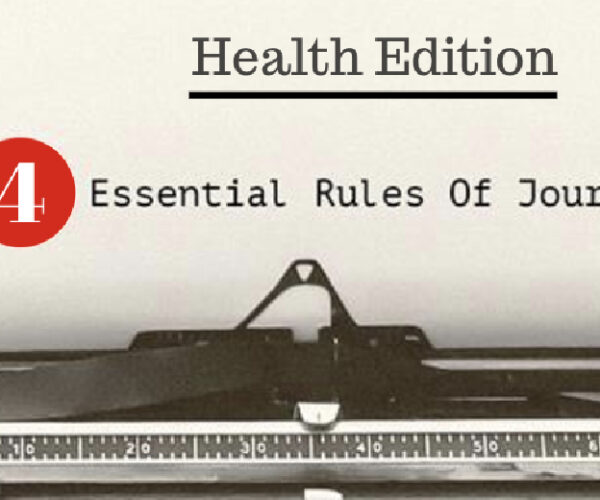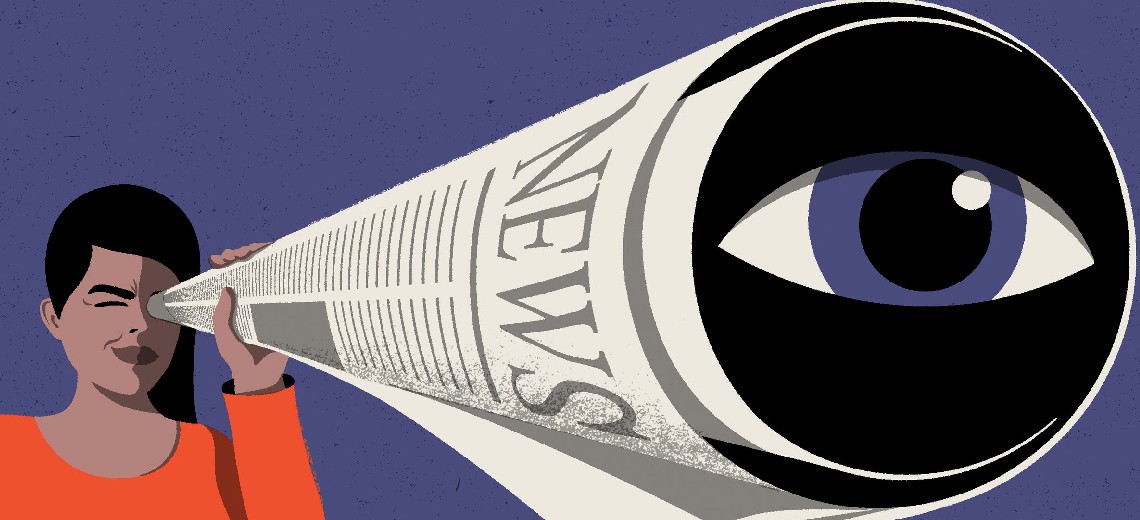The responsibility of journalism is to report the truth and nothing but. Journalists should be professional in their work, writing clear articles free from fluff or personal opinions that would confuse readers on a topic. We must maintain professionalism at all times so we can keep our credibility intact with those who read what we write about them.
The code of ethics for journalists has been around since 1948 when it was first published by Society of Professional Journalism (SPJ). It provides guidelines as to how they may conduct themselves during an interview, while interviewing someone off-the-record, and even something like photo manipulation which many say crosses boundaries not set down by the SPJ standards. All staff members are required to adhere strictly unto these rules under threat of termination
Journalists should be truthful and responsible as they gather information for the public. A code of ethics can help you to maintain accuracy, objectivity, balance or fairness in your work while being free from obligation to any interest other than that of delivering accurate reporting without bias on behalf of members within their communities.
As per Responsible Journalism codes, accountability is crucial for journalists to serve the public. The ethics code should prioritize a commitment of serving your readers and address mistakes promptly as well as unethical practices by other reporters.
Every ethical journalist should be sensitive to the people they are interviewing and covering. Respect them as human beings deserving of your care because it is likely that these individuals have been hurt in some way by their life experience, just like you or me; but we must maintain our professionalism when reporting on a story for the public eye.
There are a lot of responsibilities that come with being a journalist. One responsibility is to make sure the sources you use for your information are reliable and trustworthy. When using anonymous sources, there should be an explanation as to why they can’t reveal their identity or what kind of danger it could put them in if they were identified while providing this type of information.
Fabricating anything at all will result in an unethical practice no matter how small it seems when considering whether something was made up knowingly or not; either way, fabrication has negative consequences on both parties involved so avoid doing so whenever possible by sticking only to valid facts obtained from trusted resources instead!
Another duty journalists have is to follow politically correct language usage – don’t ever refer offhandedly to any person based
The best way to be a responsible journalist is not to ask personal questions of your sources. You should always make sure that the quotes are in context and you have enough information about the situation being discussed.
If someone is criticized, then give them time for response before publishing anything else on their behalf as well as consider community standards when it comes down to what words can or cannot be published if they’re obscene






